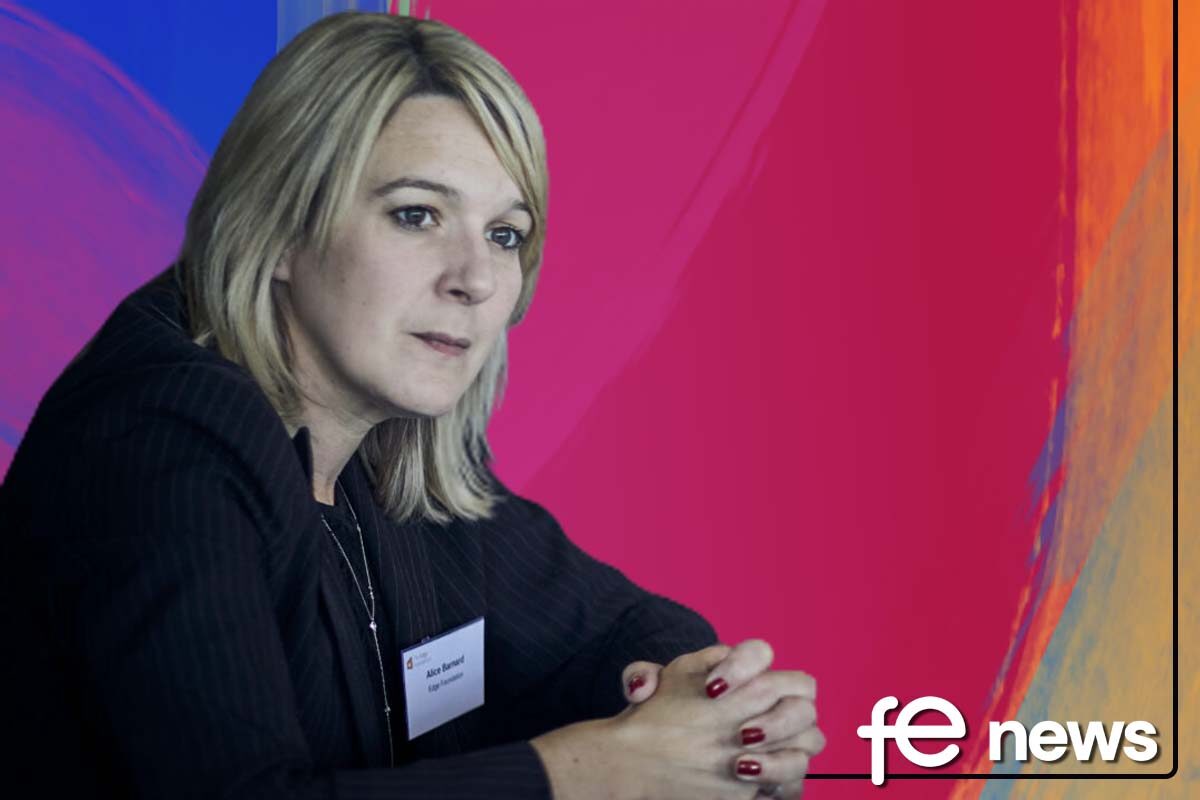Reflections from the party conferences

Like many colleagues across the sector, I’m taking stock at the end of a busy few weeks of the key messages from party conferences. I feel proud of how many of the issues and solutions we’ve been championing at the Edge Foundation are now at the top of the agenda and excited for the coming year.
The ABS: Reclaiming a truly ‘broad and balanced’ post-16 curriculum
All ears were on Sunak’s announcement, pre-empted in my article for CityAM and scooped the week before by the Times, of plans for a new baccalaureate-style post-16 qualification, the Advanced British Standard. Commentators on social media were, naturally, quick to jump on the name, the challenges of teacher recruitment and, crucially, what this means for the simultaneous drive to boost T Level uptake (particularly given the timing during T-Level week!). Meanwhile, panellists at the Labour conference harked back to the reminiscent introduction of AS Levels, Tomlinson and 14-19 Diplomas (take a trip down memory lane with us in our forthcoming webinar).
But this announcement, coupled with a not-to-be-sniffed-at initial investment of £600m to lay the foundations, appears different. It signals determination from the very top of the party, in No.10 and 11, to ensure vocational qualifications pass the ‘dinner party test’ for parents of pupils starting primary school this term – the would-be first cohort. This is a marked shift away from the rhetoric that has dominated subsets of DfE thinking in recent years, namely that knowledge and skills cannot co-exist without eroding standards – as encapsulated in the one pager from Nick Gibb appearing in the 47-page explainer document.
Importantly, it brings Government policy in line with the sentiment on the panels at the Conservative (and Labour!) party conference this year – particularly amongst 2019 intake – sector representatives like our team at Edge, business leaders, as well as public opinion, which has long recognised the value of vocational education and training.
The opportunity is now wide open for the Labour party to respond. The pledged review of the curriculum and assessment system is a chance to do just that, so long as it does not kick the can further down the road. At Edge, we hope the party will be bold in its commitments to this under-recognised sector, refine and strengthen these plans to remove the artificial divisions between general and vocational pathways and offer a ‘truly broad and balanced curriculum’ to shatter the class ceiling, inspire opportunity and spark productivity. As a starter for ten, we recommend checking out our aptly-timed webinar revisiting the 14-19 Diplomas, next week.
Breathing new life into the maths curriculum
At Edge, our practice team has spent recent years developing a rigorous evidence base around real world learning, collaborating with some of the most effective schools, colleges, and models here in the UK, and overseas – our Deeper Learning UK network.
Making education relevant to a young person through applied learning, rather than teaching to the test, has a key role to play in pupils’ motivation, their engagement with studies (perhaps even more critical amid the attendance crisis), and instilling a love of learning that will carry with them throughout their lifetime.
And, ask most young people, parents, and employers, and there is a real strength of feeling that the education system should be preparing children far better for their futures, by embedding life skills in the curriculum.
Financial literacy is right up at the top of the list. A poll of 2,500 parents of pupils aged five to 16 commissioned by the British Council showed that 59% of parents wanted personal finance, including budget management, to feature in the school curriculum.
So, it was music to our ears to hear that politicians are finally listening. The Shadow Education Secretary Bridget Phillipson used her conference speech to pledge to “bring maths to life for the next generation” in an effort to address a “chronic cultural problem” with maths in this country, and the worrying statistic that 1 in 4 children leave primary school without basic numeracy skills. This recognition of the value of real world learning to help raise attainment and ensure young people are ready for the workplace, however that takes shape, is long overdue.
But, making education relevant must not stop at the end of KS2, nor be confined to maths. We hope Labour will build on this announcement and explore how this could continue right the way through secondary school, post-16 education, HE, and lifelong learning. The evidence base and the public support is there. What are we waiting for?
Alice Barnard is Chief Executive of the Edge Foundation.











Responses